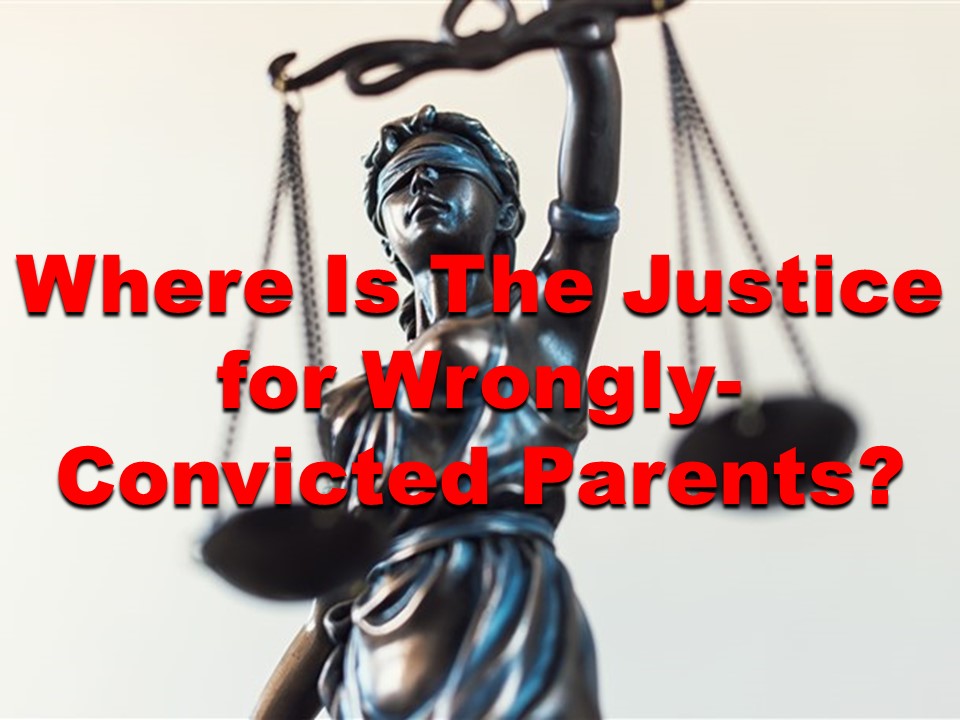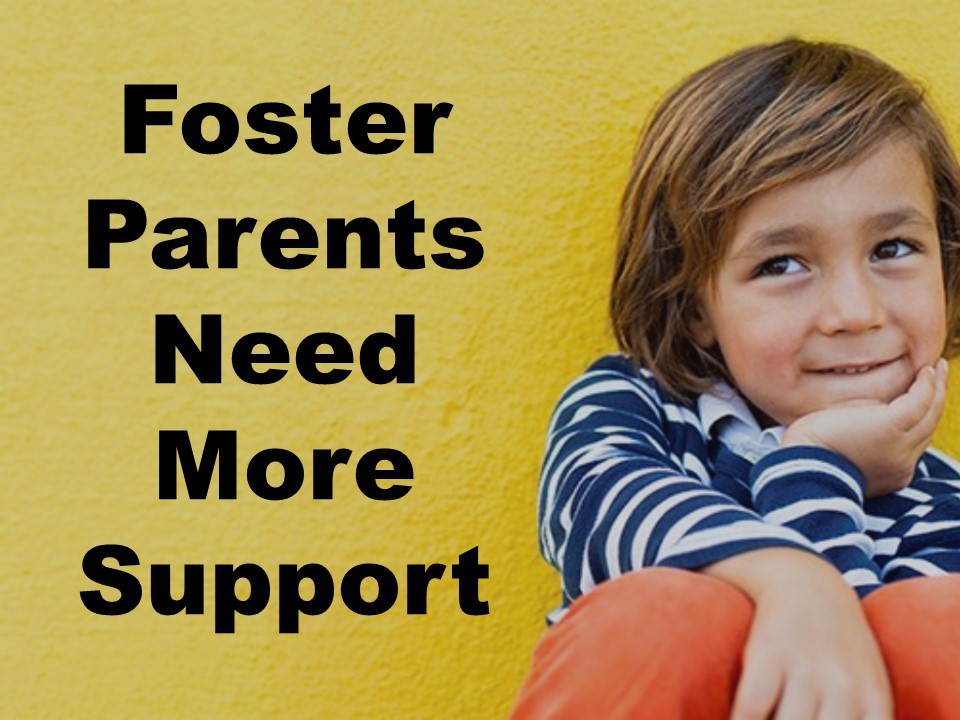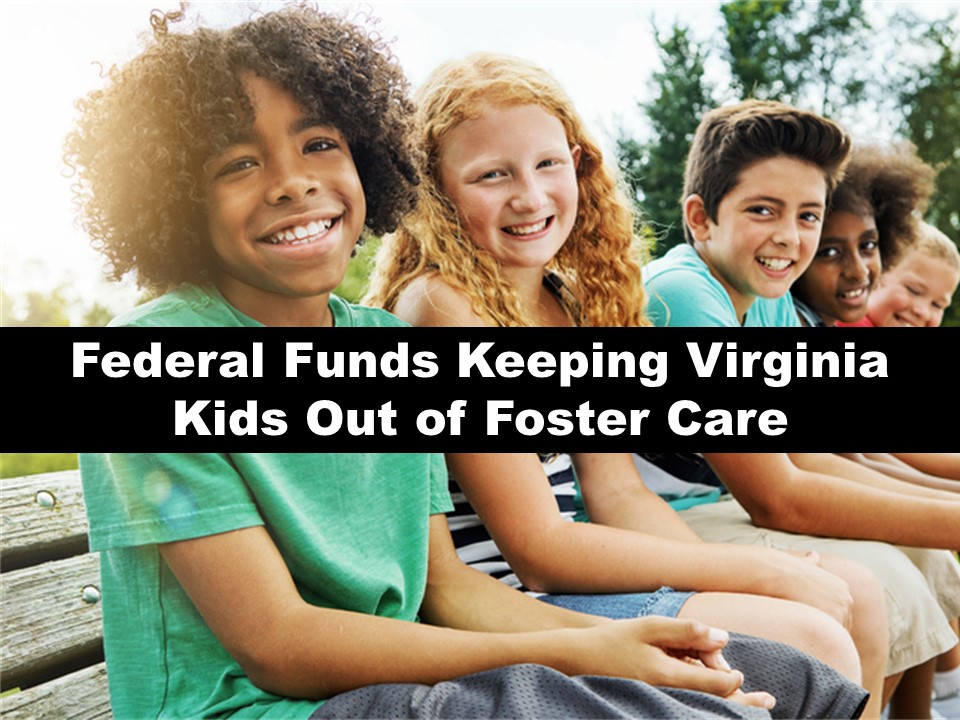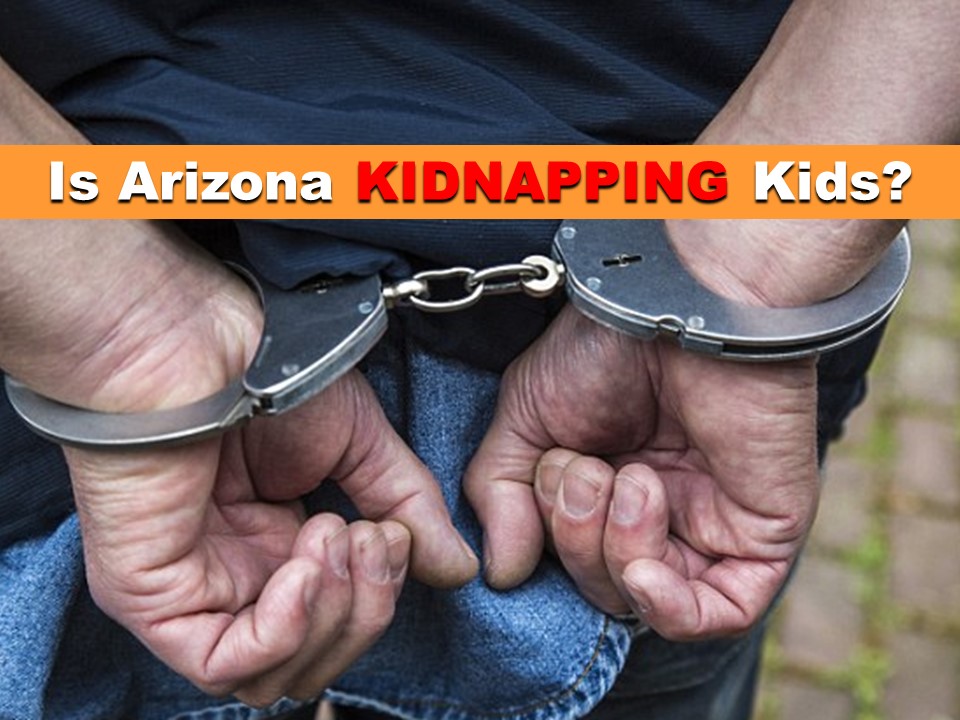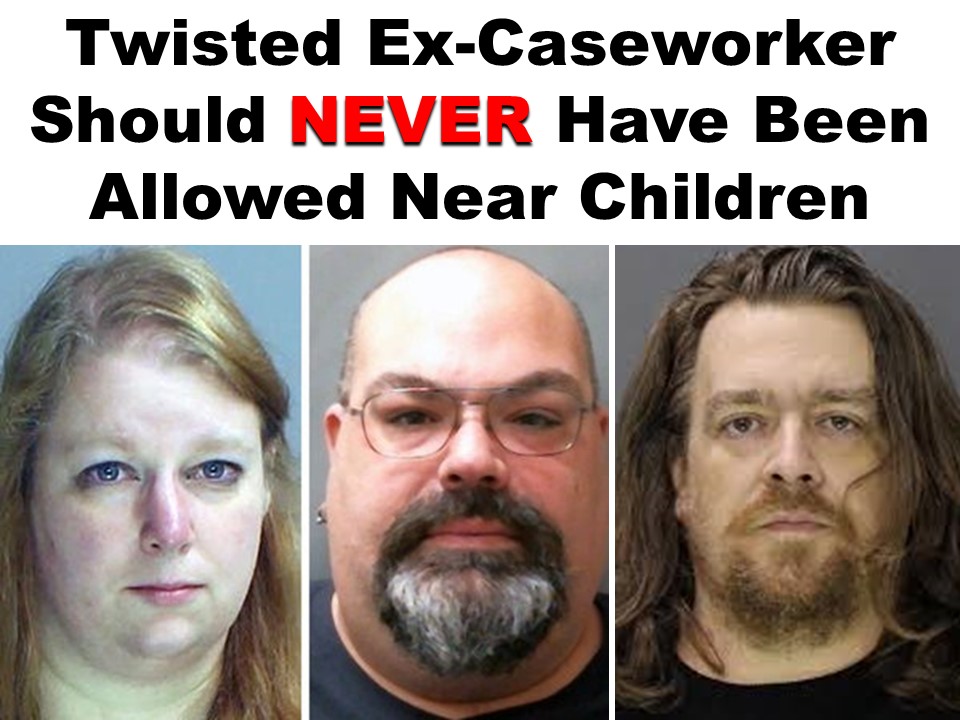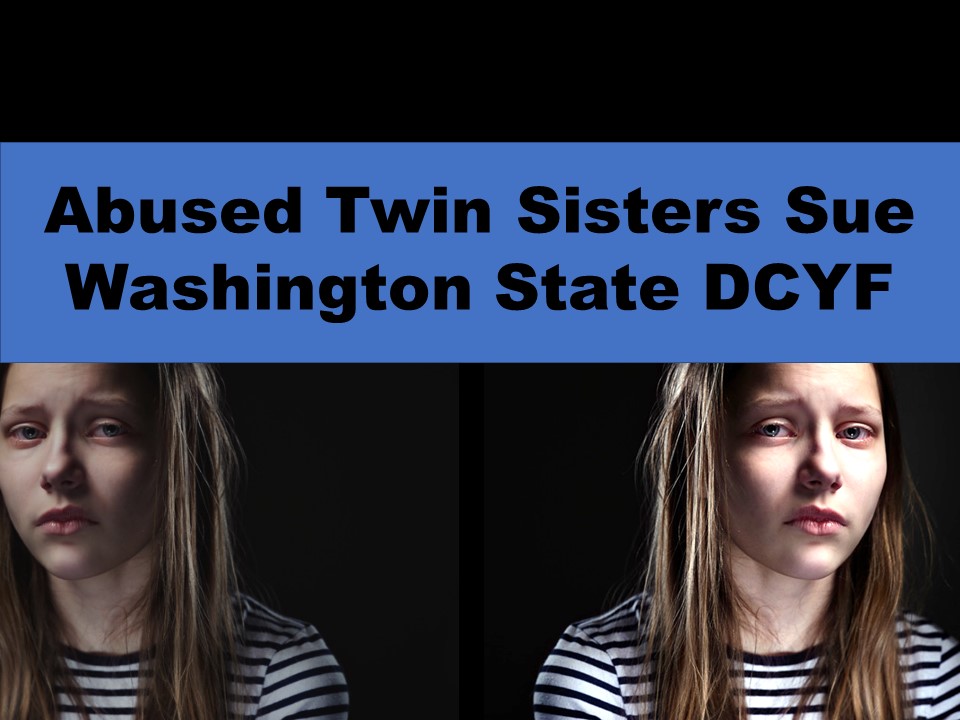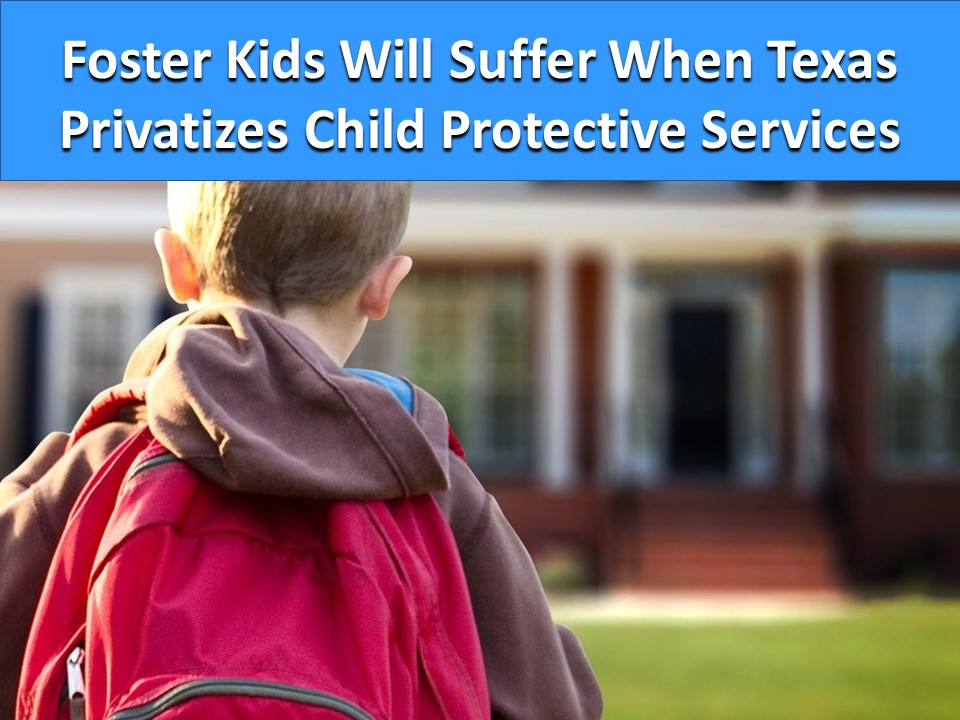
We’re Robert and Kathey Raskin, and we’re delighted to learn that the children in Indiana’s child welfare system are fighting back against the apathy that they’re in. We’re proud of these patriots standing up and claiming what’s theirs: a fair and just examination of the fouled-up system that they’re in here. Their allegations stem from their opinion that Indiana is failing in its duty to protect more than 22,000 children in the state’ child welfare system.
We’ve written about the state of affairs that makes up the welfare system for children in Indiana in the past. We always try and follow up on previously reported locations to provide timely updates on what’s happening out there. We’re not a one and done blog. We stay on top of everything that concerns what we see as the lethargy and corruption that plagues the system worldwide. The entirety of the child welfare system deserves a closer look. We reveal what we can here.
Failure to Protect the Kids
The lawsuit alleges that the nine children – unnamed for their privacy – felt that the state put them in inappropriate, unstable, or overly restrictive settings. They represent a class of 22,000 children who are in DCS custody, as well as an ADA subclass of thousands of children with disabilities who are wards. They didn’t receive the necessary support services and medical care. Their medical care, mental health, and physical needs are hampered by irregular DCS assessments and the lack of available resources.
Furthermore, they weren’t given meaningful case management resulting in delayed or no services and little oversight of a child. All these factors – among many others – allowed children to languish in foster care for years. Eventually, they were reunified with their primary caretakers, adopted, or aged out of the system.
Statistics Mean Nothing Without Tangible Results
The Child Welfare Consulting Group criticized the agency’s disorganization in a 2018 audit. The agency claimed to have made changes – too little, too late, we say – including a 17 percent decrease in total cases since January 2018 and a 14 percent decrease in out-of-home placements. They claim staff turnover is down 18 percent, and attorney caseloads are lessened as well. They added 25 positions since January 2019.
But the kids are smart. Their lawsuit points this out by alleging DCS appears to focus more on improving statistics. They still failed to properly investigate allegations, or they would send children home too quickly and without necessary services and aftercare. They demand that Indiana transform its foster care system, including acquiring properly trained caseworkers to meet the needs of foster children.
Here’s more information about the lawsuit below:

